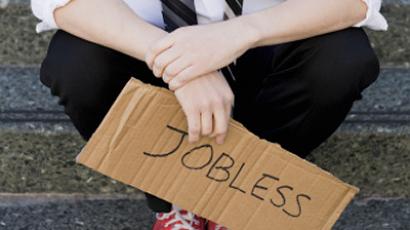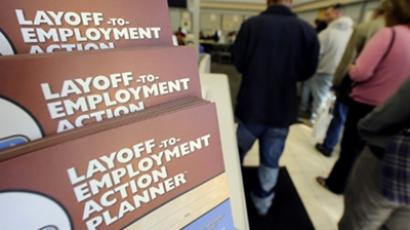American income inequality ignorance

Georgetown and Congress Heights are both communities in Washington, DC, but although they are only a few miles away, they are in some ways, worlds apart.
However, when asked what class people see themselves in, residents of the two places gave similar answers, even though the median income in Southeast DC is about $29,000 and in Georgetown, it is closer to $140,000.Georgetown resident Loretta Michaels said there are a lot of middle class people living in her neighborhood. “The IRS and our current President might think we’re filthy rich, but I don’t think we are,” she said.Georgetown resident David Abrams agreed.“I absolutely consider myself middle class, absolutely.”But several residents in southeast thought their neighborhood was also middle class.Gary Burtless, Senior Fellow of Economic Studies with the Brookings Institution is not surprised.“I can tell you what people thought until about five years ago.I think over 85 percent of Americans thought they were in the middle class,” he said.A recent study found that Americans believe the richest 20 percent of Americans only hold about 59 percent of the wealth. The actual number is 84 percent. But ideally, they said the breakdown should be much more equal though clearly, it is not.“America was a country that sort of stayed together historically with great unity on the glue that we all figured if we worked hard and played by the rules we’d do better than our parents and they’d do better than their parents and our kids would do better than us,” said Max Fraad Wolff, a senior analyst at Greencrest Capital.Economists say that is no longer the case in the United States, and thatwe’ve gone from being one of the most upwardly mobile countries in the developing world, to the least, a trend that changed course in the 1970’s. Perhaps one reason is that the amount of money made by CEO’s in this country has skyrocketed while that of minimum wage workers has actually gone down since the 1990’s.Noble prize winning Economist Joseph Stiglitz said the increase in concentration of wealth has been enormous.“What’s happened in the last couple of decades is almost a quarter of all the income goes to the upper one percent, around 40 percent depending on how you measure it,” he said.It is a reality that doesn’t seem to trickle down to those in the lower tiers, like Congress Heights Resident Adina Ge.“In terms of class,” she said, “I think everybody with the economic situation that we’re in is probably all in the mid class right now.No one’s above.No one’s below.”Jordan Estevao from National People's Action said many people know they are struggling, but they do not look at it in a sense of percentages. They understand inequality exists, but often still feel they are in the middle.A great many more people are becoming more aware and are becoming angrier, he noted. Americans are turning out to voice their anger at protests, with 15,000 recently showing up in New York to protest Wall Street greed, he said. “More and more people in urban, suburban and rural areas are waking up to the fact that large corporations, particularly the financial industry, need to do more to pay their fair share to fix the economy that they broke,” Estevao said. Banks, Wall Street and the financial industry’s practices lead to the current financial crash, and they should be responsible for correcting the problem, he argued.Estevao explained many of these companies are making profits and CEOs are receiving record pay. Meanwhile American unemployment remains high and the people are suffering.














